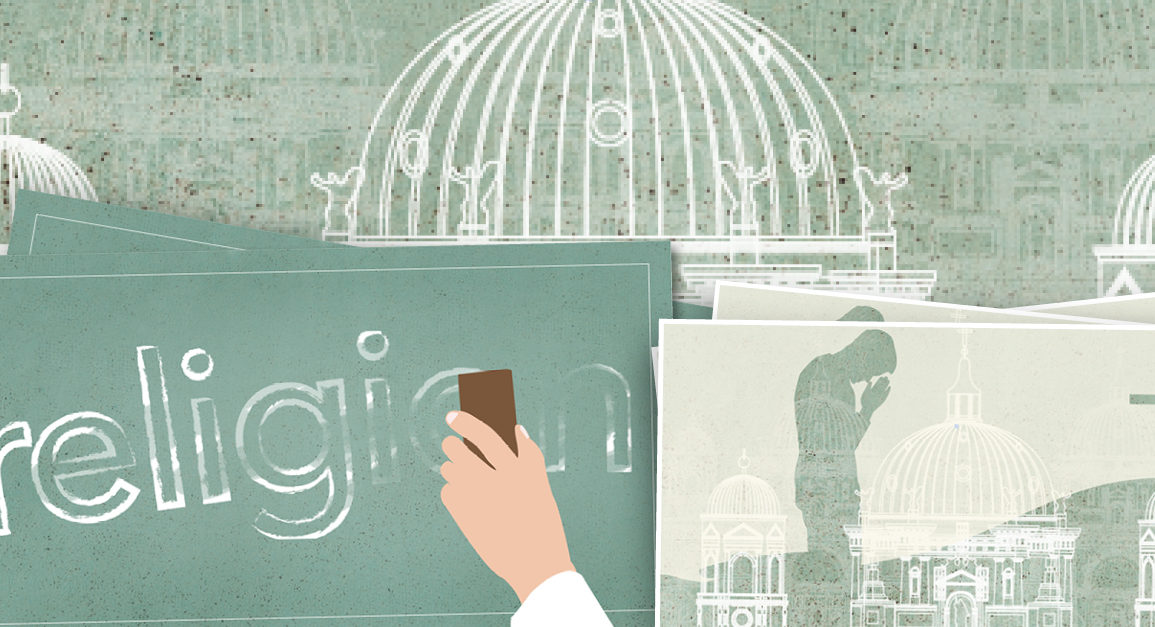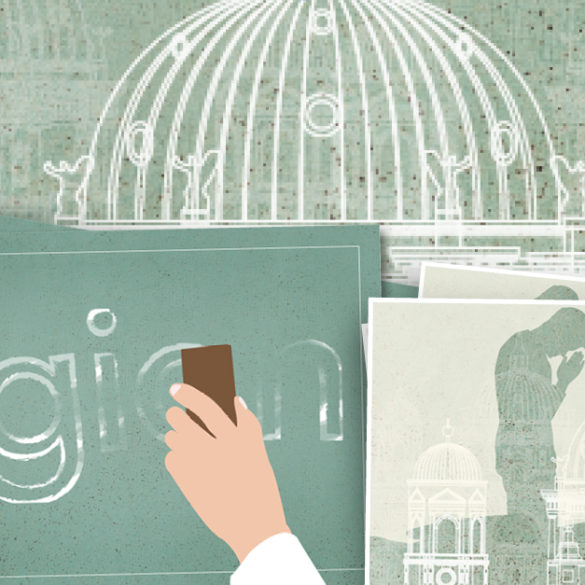Every night before bed, my grandmother (now in her 90s) would open her worn out Bible and tell me about how she was re-reading it for the hundredth time. She folded down pages of her hymnal and played classic church tunes from memory every Christmas while my sister and I unwrapped the huge pile of gifts under the ornamented tree. When she would visit on Sundays, we would drive her to church where she would slowly wobble down the aisle, settle into the pew, and nod at a sermon I wasn’t quite sure she couldn’t hear. She was raised on classic religion. It was in her blood.
Since the time I was young, I remember when my church began holding “modern” worship services. I was in elementary school, and I remember the teens who would rock out in the band as lyrics were shown on the screen to songs that would never be found in hymnals.
Once I was in middle school, I found myself gravitating toward the youth group. In high school, my church started “Saturday Night Alive,” a service for young people to attend on Saturday evenings as opposed to Sunday mornings. These services were filled with video clips, rock music, relatable passages, and pop culture references. As I look back upon those changes, it is clear that the church had been desperately trying to hold the attention of young people.
Millennials are the largest population of nonreligious individuals in history. Today, more than 29 percent of Millennials do not affiliate with religion. At a comparable age, only 20 percent of Generation X and 13 percent of Baby Boomers were unaffiliated. Most people my age believe there are major flaws in the church–80 percent of Millennials tend to believe Christianity is too hypocritical and 67 percent of Millennials also feel that Christianity is too judgmental.
My grandmother was raised in the church. She never missed a service and she cried tears of joy when we bought her a new Bible with text big enough for her to read. My generation is different. In our “Millennials and Religion” section of Ball Bearings, we examine the complex, and changing, relationship that Millennials have with religion and the church.




